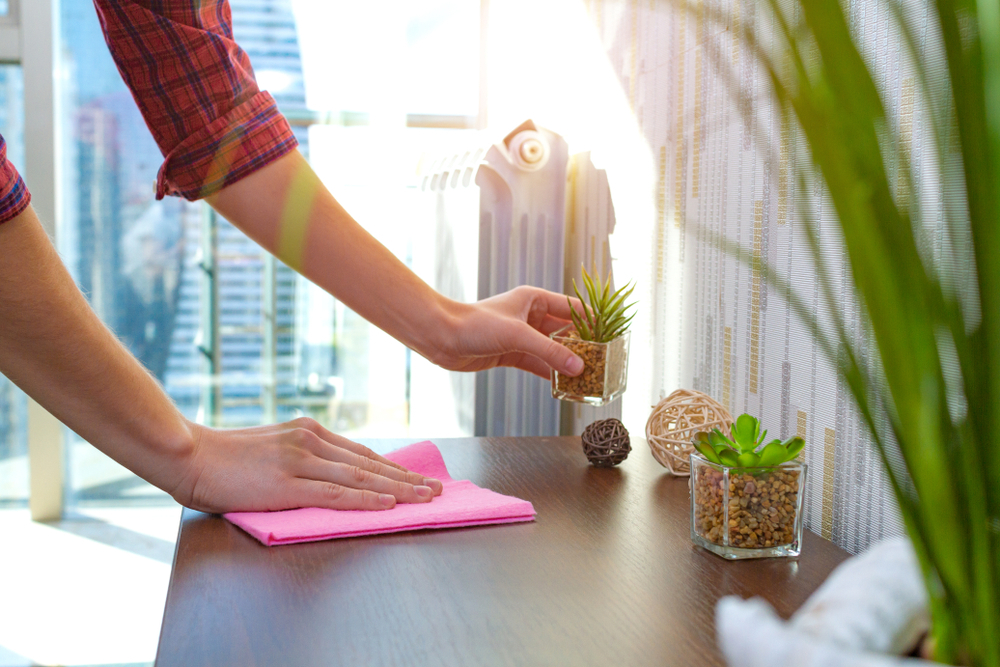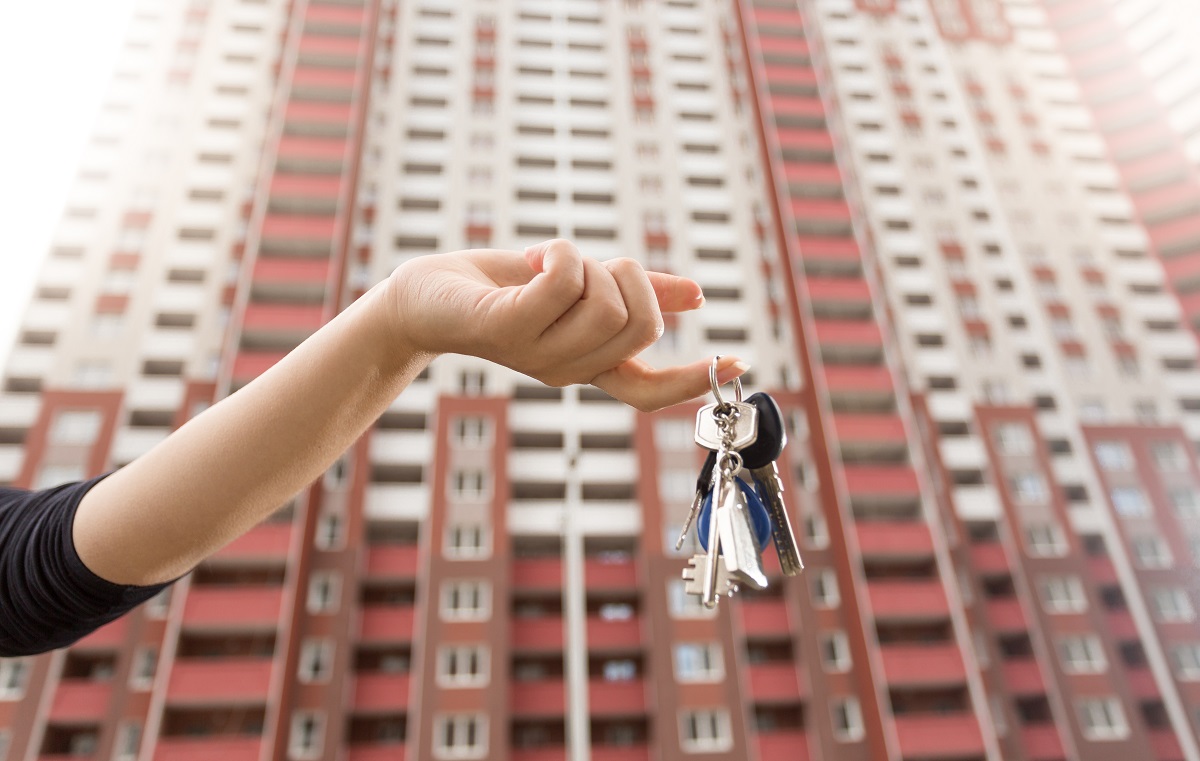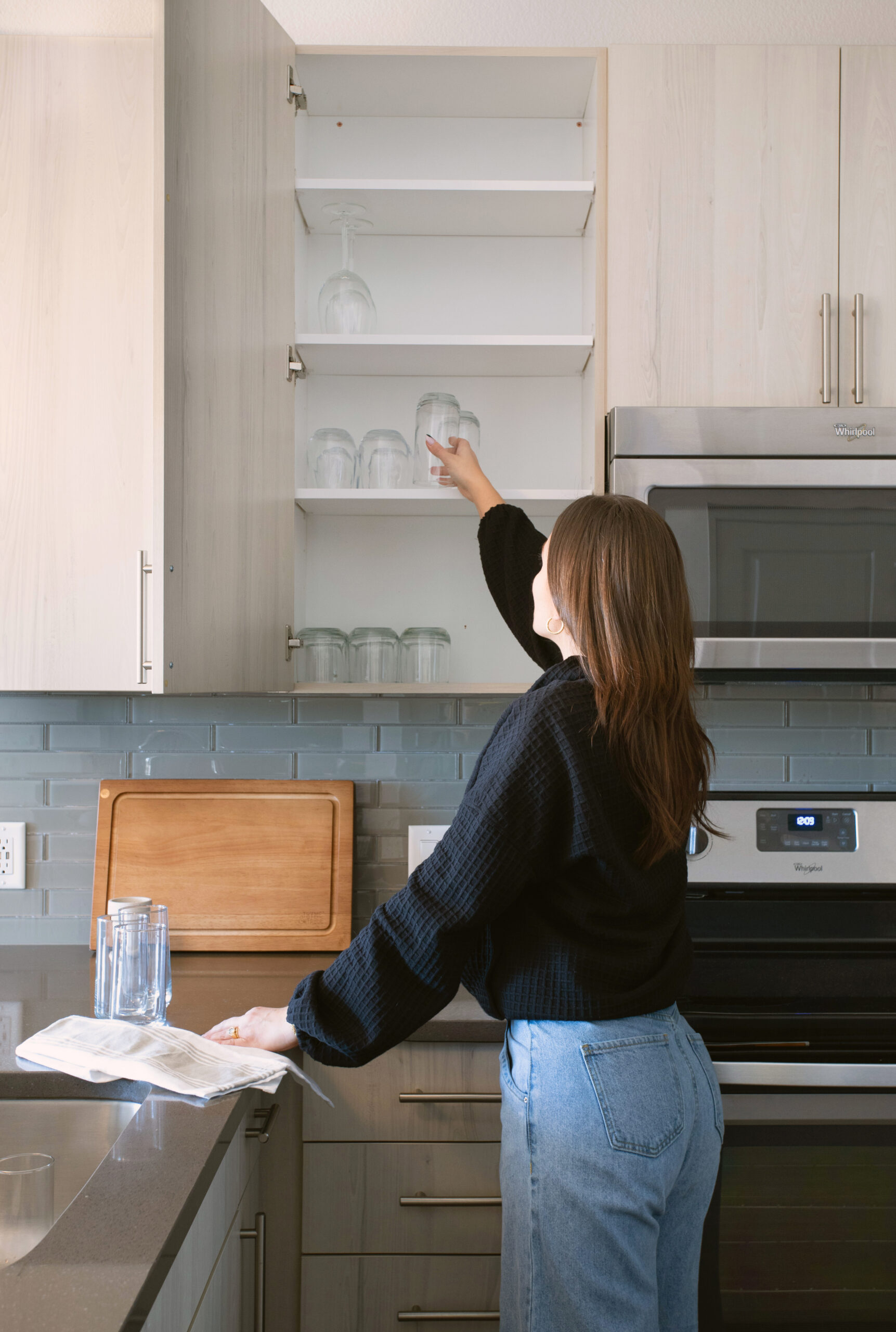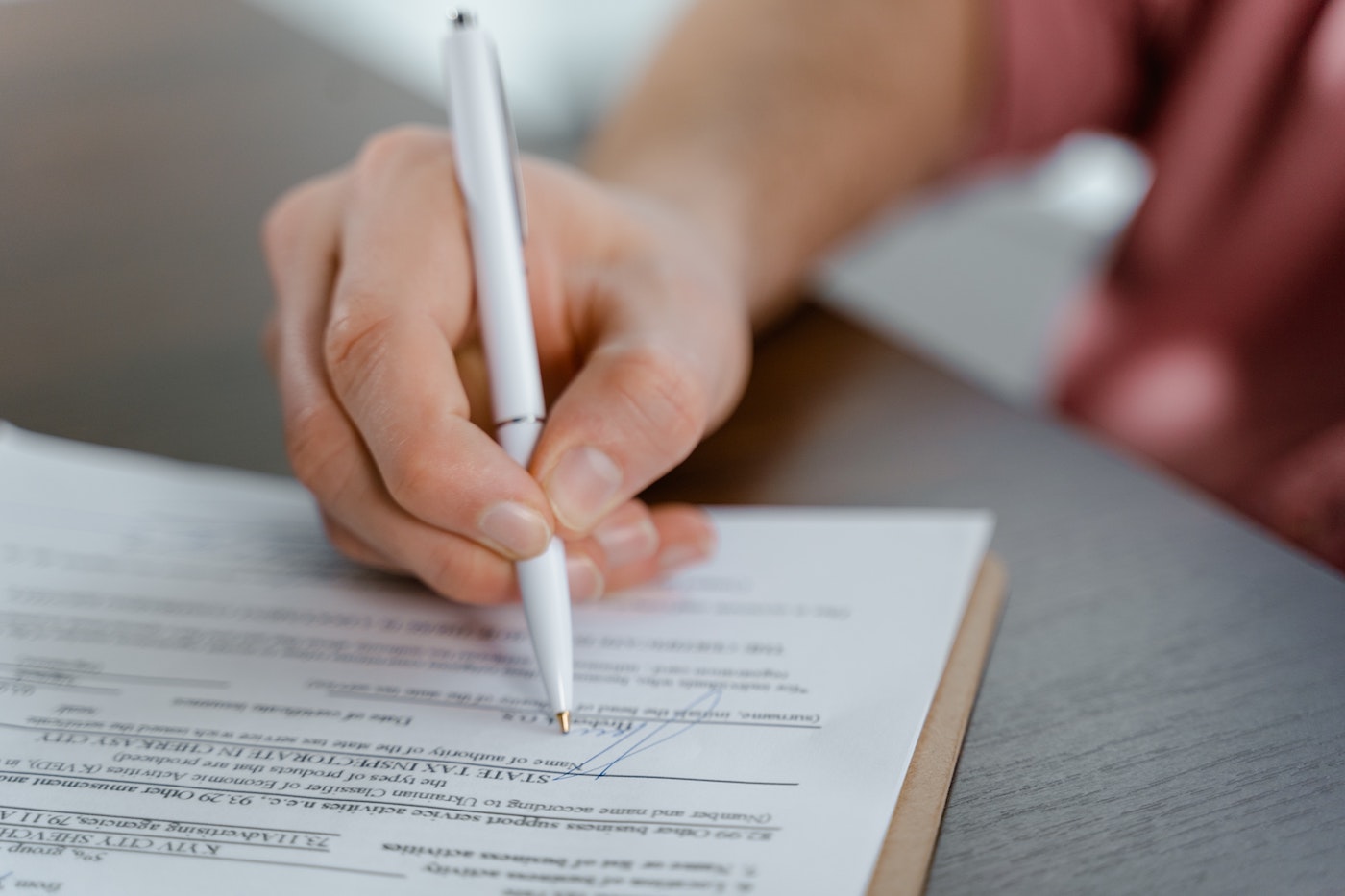
How to Get Your Security Deposit Back
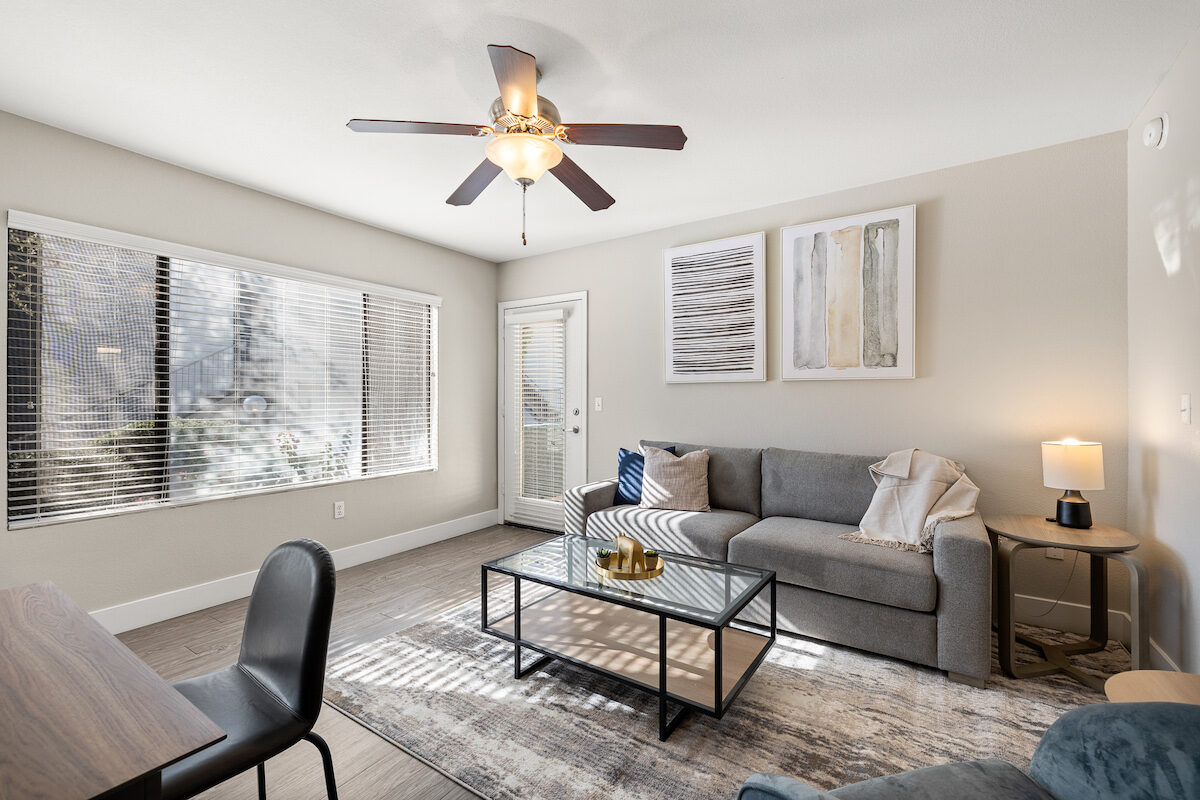
In most cases, when you rent an apartment, you pay a security or damage deposit as a condition of your lease. This deposit is meant to help protect your landlord in case you cause extreme or unnecessary damage to the apartment, break your lease, or fail to pay your rent.
But when your lease expires and you’re ready to move, you are legally entitled to getting your security deposit back—that is, provided you’ve fulfilled your end of the lease agreement and have kept the apartment in good condition during your time as a renter.
But how do you go about getting your security deposit back from your landlord? And, how do you know whether your landlord is entitled to keep all or some of your deposit? In this article, we’ll go over everything you need to know about getting your security deposit back at the end of your lease, including:
- How to ensure you get every penny back
- Getting your security deposit back
- What if my landlord tries to keep my deposit?
Let’s get started!
How to ensure you get every penny back
When it comes to renting an apartment, paying a security deposit is pretty standard business for tenants. Depending on your state, your landlord may charge you up to two times the monthly rent as a deposit against damages or other liabilities involved in renting an apartment.
And just as state laws determine how much a property manager is able to charge a tenant for a security deposit, those laws also dictate:
- What expenses a landlord can use that deposit for
- The reasons a landlord may withhold it from a tenant at the end of their rent period
That said, how your security deposit is handled isn’t completely out of your control. The best way to get your entire security deposit back at the end of your lease is to make sure you follow all of the stipulations of your lease while you’re a tenant.
Here are some steps you can take to make sure your money is returned to you:
1. Inspect the property before you move in
The very first step to getting your security deposit back starts before you even move into the property. Before you sign a lease, you should accompany the landlord or property manager during an inspection and walk-through of the unit to guarantee that there aren’t any preexisting issues or damages from the previous tenant that you could be held responsible for.
When performing the inspection, look for things like:
- Large holes in the walls
- Cracked or broken windows
- Signs of water damage or mold
- Broken appliances
- Damaged ceiling fans
- Faulty knobs or locks
In addition to looking for signs of damage, it’s a good idea to check the cleanliness of the apartment. Is the refrigerator free of old or rotted food? Is there mold or other filth in the bathroom? These are all things that could hurt your chances of getting your security deposit back.
To cover yourself as a tenant, take pictures of anything that’s out of the ordinary when you move in, and be sure that you let your landlord know about any issues in writing.
2. Know the terms of your lease
A lease or rental agreement is a legally binding document that lays out all of the rules and regulations for the tenant renting a property. Failure to adhere to these stipulations can result in the forfeiture of your security deposit. That’s why it’s so crucial to read over your lease agreement closely and make sure you understand everything in it.
Information in your lease that’s most relevant to getting your security deposit back as a tenant includes:
- Move-out notice: Many lease agreements will require that you give your property manager a certain amount of notice before you move out of the property, usually about a month, regardless of whether your lease has expired. If you don’t give proper notice, your landlord may be entitled to keep all or some of your security deposit.
- Alterations policy: Thinking of giving your apartment a mini makeover by painting the walls or making other cosmetic changes? Be sure to check your lease beforehand! Many property managers don’t allow even minor renovations, and you may have to turn over some of your security deposit if you run afoul of the rules.
- Proper-use policies: Your lease will also have information about what you can and can’t use the rental property for. For example, you might not be able to use your apartment in a business capacity or for certain activities like gambling.
- Security deposit return policy: Your lease will also contain information about how and when your landlord will return your security deposit, including specific reasons your landlord may be entitled to withhold the deposit.
3. Take care of the property
Perhaps one of the most common reasons that deductions are taken from tenants’ deposits is excessive filth or damage to the property. It can cost landlords a lot of money to make certain repairs or hire professional cleaning crews, and in many ways, the security deposit acts as insurance against that.
As such, renters should heed the following:
- Take it easy: Be sure not to cause any unnecessary damage to the property. Things like broken light bulbs, dusty blinds, or nails in the walls are usually considered normal wear-and-tear. But larger problems, like broken windows and doors or large holes in the walls, could mean that your landlord will hang on to your deposit for repair costs.
- Keep it clean: Damages to the rental property aren’t the only things that can keep you from getting your security deposit back. Not keeping your apartment clean can also affect your chances. This means being diligent against spills that cause stains and keeping appliances such as the oven, refrigerator, and bathroom facilities clean.
Check out our move-out cleaning checklist to make sure you cover all your bases before leaving your apartment.
4. Request an exit inspection
When you’re ready to move out, request that the landlord accompany you on a final move-out inspection and walk-through of the premises. This will allow you to show your landlord how you’ve taken care of the property. It will also ensure that you and the landlord have a similar understanding of the condition of the property when you leave.
To that end, you should make sure to give the apartment a good, deep cleaning before you move out. The goal should be to return the property to the condition it was in when you moved in. If your landlord has to do a lot of extra cleaning when you’re gone, you might not receive the full amount of the security deposit back.
Getting your security deposit back
So, you’ve done everything in your power to make sure your security deposit is refunded at the end of your lease—you’ve kept the apartment clean and in good condition, you haven’t violated any of the terms of your lease by making changes you shouldn’t have, and you’ve given your landlord timely notice of your departure.
According to every conceivable metric, you’re entitled to your security deposit without any deductions. So, how do you go about actually getting it back?
The same state laws that determine how much a landlord can charge for a security deposit also dictate the terms by which they are responsible for returning your deposit, if applicable. The rules vary by state, so you’ll want to check the regulations where you live for information like:
- When your landlord must pay: Most states require that landlords return security deposits to eligible tenants within a certain amount of time.
- What your landlord must disclose: Your landlord can’t arbitrarily decide what to take out of your deposit. Most states require that landlords provide tenants with an itemized list of everything deducted from the security deposit.
In most cases, your landlord will return your security deposit in the form of a check. They’ll probably send the check in the mail, so make sure that your landlord has a good forwarding address when you move out, whether that’s your new address or the address of a family member who can reach you.
What if my landlord tries to keep my deposit?
If your landlord decides to keep all or some of your deposit, you aren’t completely without recourse. In fact, you’re well within your rights to contest your landlord’s decision—up to and including taking them to small claims court.
But litigation is far from the most desirable outcome. Here’s what to do if you and your landlord disagree about your security deposit:
- Ask for specific information: Even if your state doesn’t require your landlord to include an itemized list of how your deposit was spent, you can still request this information.
- Advocate for yourself: Be upfront about the reasons you think you deserve your deposit back. If you worked hard to keep the rental unit clean and in good condition, express that to your landlord. On the other hand, ask if there’s anything you can do to make the apartment better. Maybe you can work something out!
- Write a demand letter: A demand letter is a formal request on your part for your landlord to return your deposit. It should include the specific reasons why your deposit should be returned and how much should be returned. Be sure to include proof that you’ve abided by your lease terms, such as copies of your notice to move out and documentation that you’ve kept the property up.
Landing: Your worry-free rental solution
Between the processes of paying a security deposit and getting it back, renting an apartment with a security deposit stipulation can be highly stressful—and, not to mention, costly.
That’s why more and more renters are turning to Landing for a simpler, worry-free rental experience. When you rent with Landing, you never have to worry about getting your security back—because you’ll never pay a security deposit in the first place! Find freedom and flexibility with Landing and browse our apartments today!





